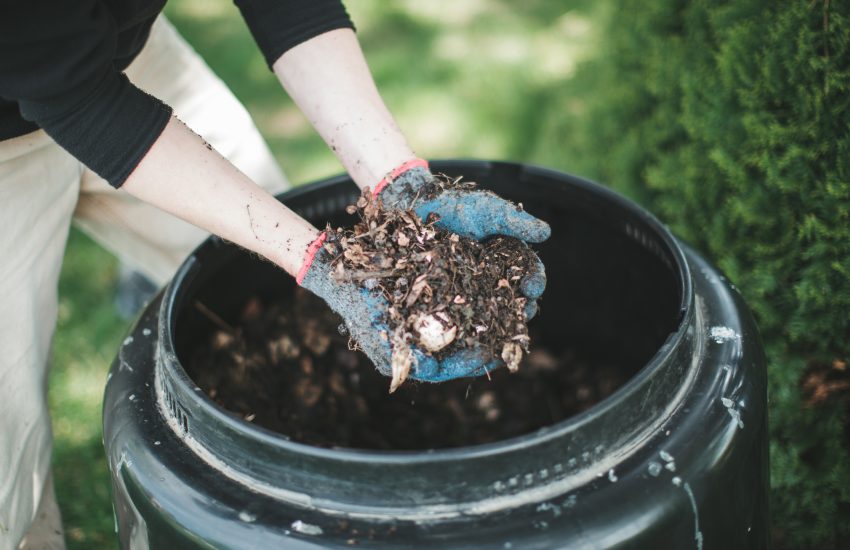By Joshua Fine, Manager, Environmental Claims, Crum & Forster and George Buermann, Partner, Goldberg Segalla LLP
Composting has long been viewed as an important tool for sustainability with benefits for the environment as it has reduced the amount of waste incinerated or sent to landfills. Since the 1920s, municipal biosolids, or treated sewage sludge, has been used in agriculture in the United States. Only since 1993, however, has the U.S. Environmental Protection Agency provided standards for the use or disposal of biosolids, or treated sewage sludge, through land application, on a surface disposal site, or incineration, through 40 CFR Part 503 and its amendments. Today, composted biosolids are often used by farmers, homeowners for lawns and home gardens, and by landscapers and nurseries. In 2019, a study that analyzed municipal organic solid-waste composts detected per- and polyfluoroalkyl substances (PFAS) in all of them, including the most well-known and studied PFAS compounds perfluorooctanoic acid (PFOA) and perfluorooctane sulfonate (PFOS). Since that time, regulation of PFAS-laden biosolids has been considered at both the federal and state level in the United States.
Federal Regulation Ramping Up
At the federal level, significant developments areunfolding. First, EPA is currentlymoving quickly to designate PFOA and PFOS as hazardous substances under the Comprehensive Environmental Response Compensation and Liability Act (CERCLA). The composting industry seeing its future being impacted by this looming designation attempted to explain its position and push back. In a November 7, 2022 letter to EPA, the U.S. Composting Council noted that state-permitted compost facilities were passive and unknowing recipients of PFOA and PFOS, and should therefore be exempted from this rulemaking and protected from liability. If no exemption is made, the Council predicts devastating consequences for its industry. In the PFAS Strategic Roadmap, EPA committed to have its Office of Chemical Safety and Pollution Prevention complete a risk assessment for PFOA and PFOS in biosolids by December 2024.
States Lead the Charge
In the meantime, states have begun to impose or consider imposing regulations regarding PFAS in biosolids. These regulations include labeling, setting maximum levels of certain PFAS compounds in compost, or outright banning PFAS-laden compost.
In 2021, the California state legislature adopted AB 1201, which prohibited products containing PFAS from being labeled “compostable.” On January 13, 2023, H.50, which would prohibit the labeling of PFAS-containing consumer products as compostable, was referred to the House Committee on Environment and Energy of the Vermont state legislature.
On February 16, 2023, the House Environment and Natural Resources Committee (HENRC) of the Rhode Island state legislature held a hearing on bill H.B.5086, which wouldprohibit the marketing or sale of consumer products labeled as “compostable” that have a total organic fluorine concentration of greater than 100 ppm. HENRC has recommended that H.B.5086 be held for further study. Also, on February 16, bills S.39 and H.101 were referred to the Joint Committee on Agriculture of the Massachusetts state legislature. The bill S.39 would require the Massachusetts Department of Environmental Protection (MADEP) to set a maximum level for PFAS in compost, and require disclosure of all compost for retail sale containing any detectable PFAS. The bill H.101 would also establish an Agriculture PFAS Relief Fund to help farmers impacted by PFAS, require all biosolids transported from point of origin for land application to be tested for PFAS, require the MADEP to set a maximum level for PFAS in compost, and require disclosure of compost that contains PFAS.
Finally, in April 2022, Maine became the first, and only, state to enact legislation that bans the land application of PFAS-laden biosolids. How Maine will now manage its tons of municipal biosolids is unclear. In March 2023, it was reported that the ban has resulted in the state’s landfill not being able to handle the amount of sewage sludge that needs to be disposed. Certain waste disposal companies in the state have had to resort to shipping tons of sludge to Canada, and to searching for markets in other states that don’t yet have strict PFAS regulations. The effects of the ban will continue to play out for years.
The Take Away
Knowing that regulation of PFAS-laden biosolids at the federal and state level is increasing, producers, distributors, sellers and consumers of biosolids for composting should certainly continue to be involved in the legislative and rulemaking processes. Moreover, they will need to figure out creative ways to mitigate their risks considering the economic and legal consequences of additional regulation.
(Editor’s Note: The views expressed by the authors are neither those of, or endorsement by, Crum & Foster or Goldberg Segalla LLP)

